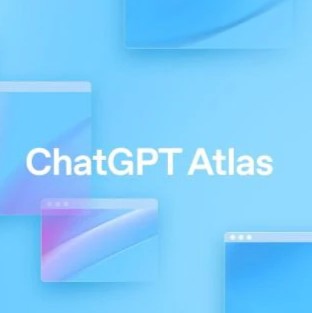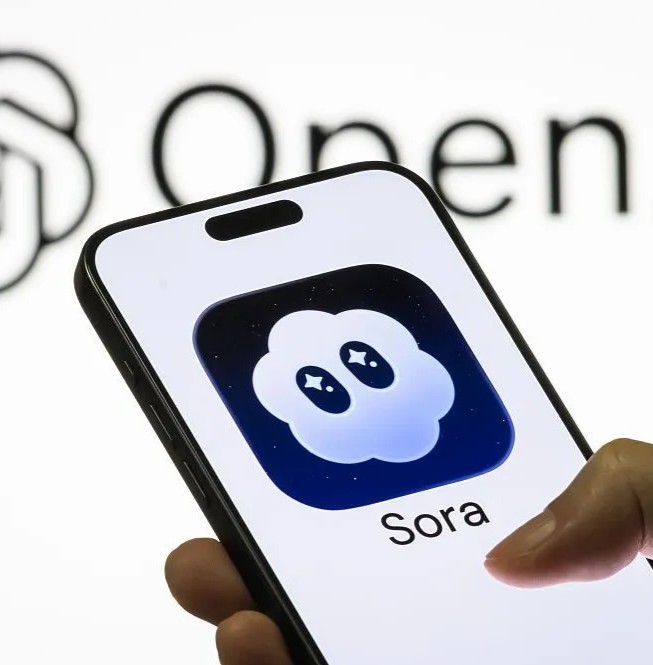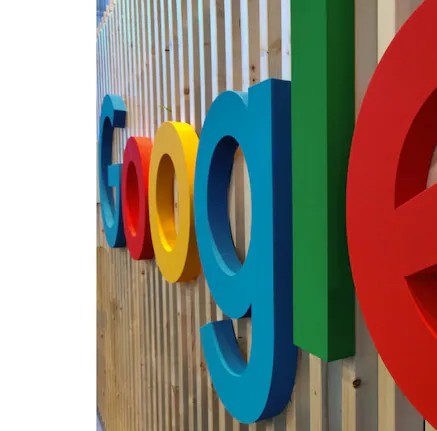1. A New Chapter in Web Browsing
OpenAI announced ChatGPT Atlas on Tuesday, October 21, 2025, positioning it as “a browser for the next era of the web.” The browser embeds the conversational AI model behind ChatGPT at its core, enabling users to chat directly with web pages, search, and interact in natural-language rather than relying purely on traditional search boxes or tabs.
Atlas launched first on macOS, with versions for Windows, iOS and Android to follow. By doing so, OpenAI is aiming to challenge established browsers (such as Google Chrome) and redefine how people engage with the web.
2. Key Features: Chat Anywhere, Memory, Agent Mode
Several standout features differentiate ChatGPT Atlas from conventional browsers:
- Chat anywhere on the web: A sidebar permits users to summon the ChatGPT assistant while viewing any webpage. For example, a user might ask the assistant to summarise code changes on GitHub, refine an email draft in Gmail, or extract key points from an article — all without leaving the page.
- Browser memory for personalisation: Atlas incorporates memory features so that it can remember past interactions, user preferences, bookmarks, and browsing habits, and then use those to provide personalised suggestions later. Users retain control over privacy and data-sharing settings.
- Agent Mode for automation: One of the most ambitious elements is the Agent Mode — this allows ChatGPT to act on behalf of the user: filling out forms, shopping, booking reservations, or performing multi-step online tasks autonomously. Initially this mode is limited to paid subscribers (Plus, Pro) in its preview rollout.
3. The Broader Context and Industry Implications
The launch of ChatGPT Atlas comes amid a wider shift in how AI is shaping online experiences. With conventional search and browsing challenged by conversational interfaces, OpenAI’s move places it directly in competition with giants such as Google in the browser and web-search domain.
Analysts point out that if users increasingly rely on conversational AI embedded in browsing, traditional models of search, advertising and web traffic might be disrupted. For OpenAI, which already services hundreds of millions of users of ChatGPT’s web interface, the transition into being a central gateway to the web marks a bold strategic shift.
4. Availability, Limitations and Future Outlook
At launch:
- The browser is available for macOS users globally.
- Versions for Windows, iOS and Android are on the roadmap, but without specific release dates yet.
- Some advanced capabilities (Agent Mode) are limited to paid subscription tiers (Plus/Pro).
While the concept is highly promising, key adoption challenges remain: user trust and privacy (especially as browsing data and memory features are involved), compatibility and migration from existing browsers, and demonstrating provide-value that justifies switching. Security and control over how the AI acts in the browser will also be critical.
5. SEO and Trend Signals: Why It Matters
From a trends perspective, the introduction of ChatGPT Atlas underscores topics of AI browser, conversational web search, personalised browsing experience, agentic AI tasks, and browser automation. These are high-interest keywords in tech press and search behaviour right now. Marketers, developers and tech analysts should note that browsing itself is being re-imagined via AI — a shift that may influence SEO, web design, search engine strategy and user behaviour online.
Conclusion
With ChatGPT Atlas, OpenAI is not simply releasing a new browser — it is articulating a vision for how the Internet might feel in an era of generative AI: more conversational, more proactive, and more deeply integrated into the user’s workflow. Its success will depend on user trust, feature execution, and adoption across platforms. If it resonates, we may see a new generation of AI-powered browsers, reshaping how we search and interact on the web.
Source:indianexpressGPT







